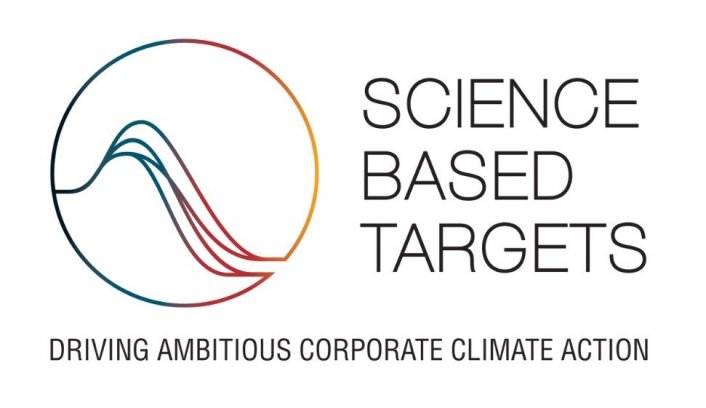
Dealing with deadstock at Shein
Scope 3 supply chain and logistics accounted for 96% of the brand’s emissions in 2024.

2nd June 2025
Innovation in Textiles
|
Singapore
The Science Based Targets initiative (SBTi) has approved the near and long-term emissions reduction targets of Singapore-headquartered fast fashion giant Shein, which conform to the SBTi Net-Zero Standard.
In the near term, by 2030, the brand aims to reduce its absolute Scope 1 and 2 GHG emissions by 42% and its scope 3 GHG emissions by 25%, compared to its baseline year of 2023. It will also increase its active annual sourcing of renewable electricity to 100% by 2030.
By 2050, Shein is aiming to reduce reduce absolute Scope 1, 2 and 3 GHG emissions by 90%.
“SBTi’s validation of our net-zero targets marks an important step in Shein’s decarbonisation journey,” said Mustan Lalani, the brand’s global head of sustainability. “We are committed to reducing emissions across our value chain and recognise that addressing Scope 3 emissions is a complex but critical part of that effort. As we continue this work, we will build on our momentum and adapt our approach in line with evolving technologies, policies and industry best practices.”
Shein will power all of its directly-managed operations with 100% renewable electricity by 2030, through a combination of increased on-site electricity production from solar photovoltaic installations and the purchase of high-integrity Energy Attribute Certificates.
It is also enhancing energy consumption monitoring and upgrading systems across its directly-managed facilities and phasing out fossil fuels in its operations by transitioning to electric vehicles, as well as reducing fugitive emissions, through the use of fire suppression systems with lower global warming potential.
Scope 3 challenge
Scope 3, of course, is the biggest challenge, with the brand’s purchased goods and services and upstream transportation and distribution accounting for approximately 96% of its emissions in 2024.
In this respect, Shein is working to reduce the amount of virgin materials used in garment and packaging production, as well as switching to and promoting greater use of alternatives with lower carbon footprints, for instance, using recycled instead of virgin polyester. Scaling textile-to-textile recycling will be an important part of the transition to recycled polyester, and to support this, Shein has a multi-year research partnership with Donghua University to study how to drive the commercially scalable production of recycled polyester fibre made from textiles.
The brand is also supporting its suppliers in transitioning to renewable energy and encouraging improvements to their manufacturing processes to reduce their carbon footprint. Examples include installing energy-saving equipment and adopting energy-saving practices. Further initiatives include optimising a global logistics network and route planning, promoting the greater use of land, sea or multimodal routes and ensuring smaller carbon footprints through improving load and packaging efficiency.
Shein is also strengthening waste management at its directly-managed facilities through updated guidelines that require the classification, recycling and documentation of all industrial waste, and promoting practices to encourage customers to extend the use of their products, including initiatives such as the peer-to-peer resale platform, Shein Exchange, to reduce product-related emissions.

Business intelligence for the fibre, textiles and apparel industries: technologies, innovations, markets, investments, trade policy, sourcing, strategy...
Find out more